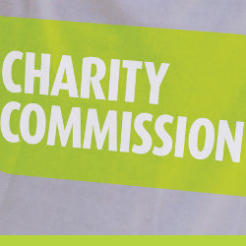The Charity Commission is to become a member of Cifas, the national fraud database, so it can develop a risk fraud profile of the charity sector and provide a means of checking trustees for linkage to fraud and rights to remain in the UK.
The Treasury has, in principle, approved the move and Members of Parliament have 14 days from 12 February to object to the proposals.
Minister for civil society Nick Hurd announced the proposed partnership in Parliament this week.
He explained that last year the Charity Commission had matched anonymised personal data of all trustees and charity correspondents registered with the Charity Commission against the Cifas national fraud database on a pilot basis for which Cifas membership was not necessary.
“The level of resulting matches to fraud risk were of concern and the board of the Charity Commission directed it become a member of Cifas to carry out a further pilot to develop clear information,” said Hurd.
As part of the pilot, the Charity Commission is keen to assess whether it need take any action against individuals; support the development of a fraud risk profile for the sector and provide a means of checking new trustees and correspondents for linkage to fraud and rights to remain in the UK.
The Charity Commission proposes piloting this by the end of March and then joining Cifas.
If there is no objection in Parliament, the Charity Commission will join Cifas, execute a deed of indemnity limited to £5m and subscribe to the Cifas group libel insurance scheme. The situation will be reviewed after three years.
Hurd has said the Charity Commission does not consider the risk of the indemnity being called upon to be significant. "The Charity Commission will only share data where it is lawful to do so and in accordance with the provisions of the Data Protection and Human Rights Act."









